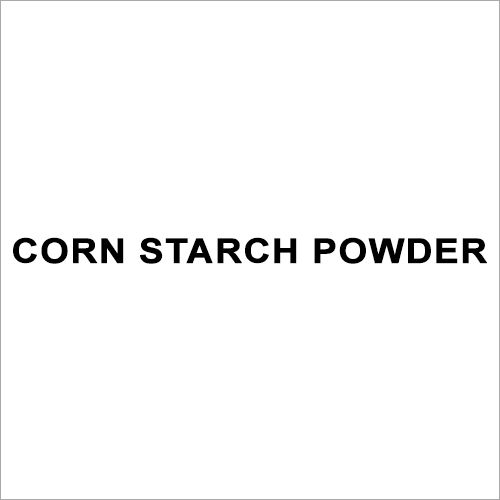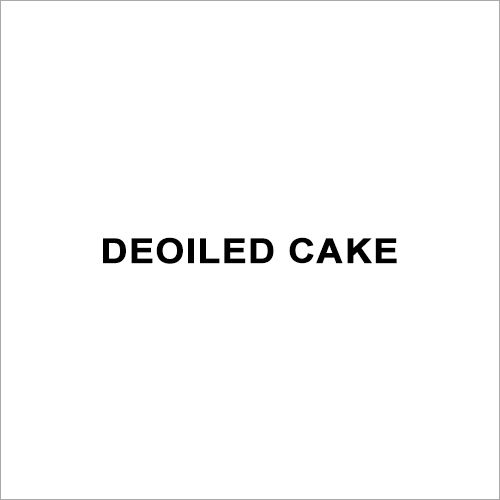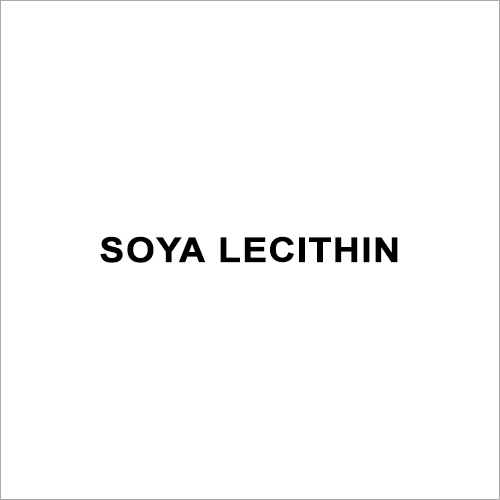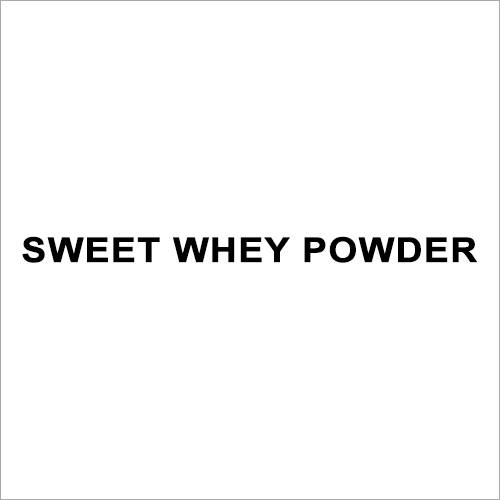Call Us Now :-08045478346
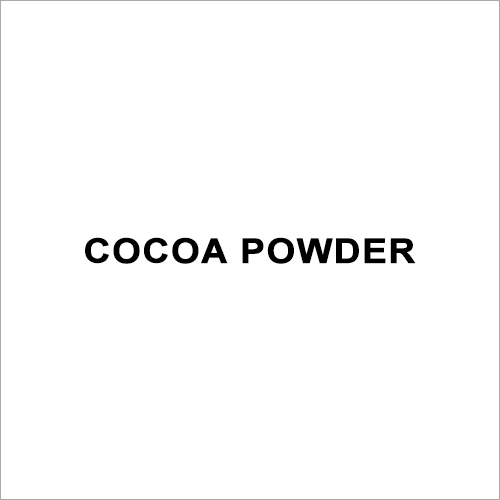
Cocoa Powder
100.00 - 1000.00 INR/Kilograms
Product Details:
- Chemical Name Cocoa Powder
- Usage Other
- Type Cocoa Powder
- Style Organic Pigment
- Physical State Powder
- Color Brown
- Application Industrial
- Click to view more
X
Cocoa Powder Price And Quantity
- 100.00 - 1000.00 INR/Kilograms
- 500 Kilograms
Cocoa Powder Product Specifications
- Other
- Organic Pigment
- Brown
- Food
- Cocoa Powder
- Industrial
- Powder
- Cocoa Powder
Cocoa Powder Trade Information
- 500 Kilograms Per Day
- 7-10 Days
Product Description
Cocoa powder is a popular ingredient used in various culinary applications, especially in baking and cooking. It is made by grinding cocoa beans into a fine powder after the cocoa butter (the fat portion of cocoa beans) has been extracted. Cocoa powder is a key ingredient in making chocolate products, and it also imparts a rich chocolate flavor to recipes without adding the extra fat and sugar found in chocolate bars.
There are mainly two types of cocoa powder:
1. Natural Cocoa Powder: This type of cocoa powder is made from roasted cocoa beans and is slightly acidic. It has a lighter color and a more intense chocolate flavor. Natural cocoa powder is commonly used in recipes with baking soda as the leavening agent, as the acidity helps with the rising process.
2. Dutch-Processed Cocoa Powder: Dutch-processed cocoa powder is made from cocoa beans that have been treated with an alkali solution to neutralize their acidity. This results in a darker color and a milder, smoother flavor compared to natural cocoa powder. Dutch-processed cocoa is often used in recipes with baking powder as the leavening agent.
When using cocoa powder in recipes, it's essential to pay attention to the type specified in the instructions, as the leavening agents may differ based on the cocoa powder's acidity.
Cocoa powder can be used in various recipes, such as cakes, brownies, cookies, hot chocolate, and even savory dishes like mole sauce. Additionally, it contains antioxidants and may have some health benefits when consumed in moderation.
It's important to store cocoa powder in a cool, dry place and keep it tightly sealed to prevent moisture absorption and maintain its quality over time. When buying cocoa powder, you might encounter different levels of cocoa content, such as regular cocoa (typically 10-12% cocoa butter) and high-fat cocoa (often 22-24% cocoa butter). The choice depends on the specific recipe and desired outcome.
FAQ:
Q. What is cocoa powder?
Ans: Cocoa powder is a finely ground powder made from cocoa beans. After cocoa beans are harvested, fermented, and dried, they undergo a process where the cocoa butter is extracted from them, leaving behind solid cocoa "cake" that is then ground into a fine powder.
Q. What are the types of cocoa powder?
Ans: There are two main types of cocoa powder: natural cocoa powder and Dutch-processed cocoa powder. Natural cocoa powder is made from roasted cocoa beans and is slightly acidic, while Dutch-processed cocoa powder is treated with an alkali to neutralize the acidity.
Q. What is the difference between natural and Dutch-processed cocoa powder?
Ans: Natural cocoa powder has a lighter color and a more intense chocolate flavor, while Dutch-processed cocoa powder has a darker color and a milder, smoother flavor. The choice between the two types depends on the recipe and the leavening agents used.
Q. Can cocoa powder be used interchangeably with chocolate?
Ans: Cocoa powder and chocolate are not interchangeable in most recipes. Cocoa powder is essentially chocolate with the cocoa butter removed, so it lacks the fat content found in chocolate bars. It is used mainly for flavoring and coloring recipes, while chocolate provides both flavor and texture.
Q. Does cocoa powder contain caffeine?
Ans: Yes, cocoa powder contains a small amount of caffeine. On average, cocoa powder contains about 1-2% caffeine by weight. However, the actual amount of caffeine in a serving of cocoa powder is relatively low.
Q. Is cocoa powder the same as cacao powder?
Ans: The terms "cocoa powder" and "cacao powder" are often used interchangeably, but some purists distinguish between the two. "Cacao powder" is sometimes used to refer to raw, unroasted cocoa powder, while "cocoa powder" usually refers to the roasted version. In practice, the terms are often used synonymously.
Q. What are the health benefits of cocoa powder?
Ans: Cocoa powder contains antioxidants, such as flavonoids and polyphenols, which may have various health benefits. Studies suggest that moderate consumption of cocoa or dark chocolate may support heart health, improve mood, and have anti-inflammatory properties. However, cocoa powder is also high in calories and may contain added sugar in some products, so it's best to consume it in moderation.
Q. How should cocoa powder be stored?
Ans: To maintain its quality, cocoa powder should be stored in a cool, dry place and kept tightly sealed in its original container or an airtight container. Avoid exposure to moisture or strong odors, as cocoa powder can absorb them.
Q. Can cocoa powder go bad?
Ans: Cocoa powder has a long shelf life if stored properly. While it doesn't necessarily spoil, its flavor and quality may degrade over time. If stored well, it should remain usable for several months to a year or more.
Tell us about your requirement

Price:
Quantity
Select Unit
- 50
- 100
- 200
- 250
- 500
- 1000+
Additional detail
Mobile number
Email
 English
English Spanish
Spanish French
French German
German Italian
Italian Chinese (Simplified)
Chinese (Simplified) Japanese
Japanese Korean
Korean Arabic
Arabic Portuguese
Portuguese

